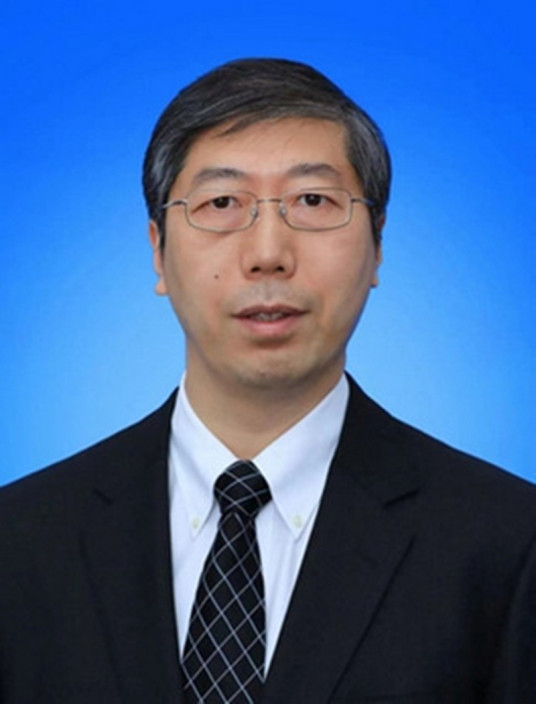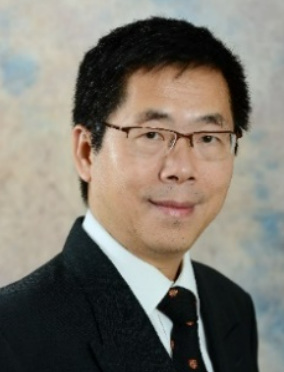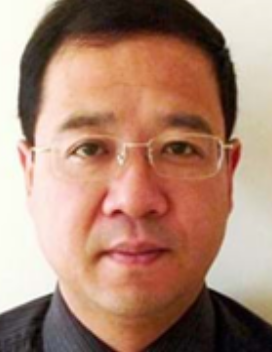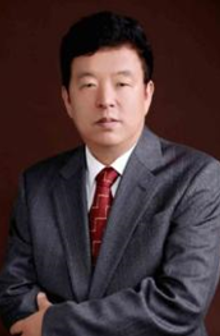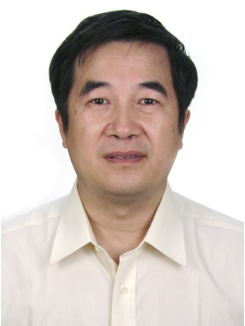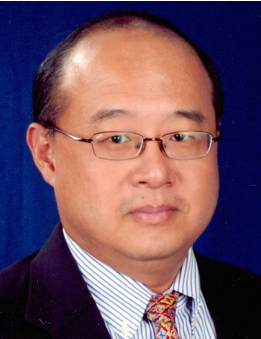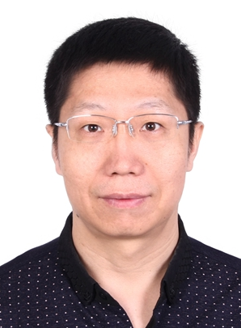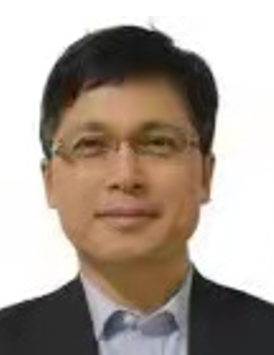
2023 Speakers
SPEAKERS |
Speakers
Academician of Chinese Academy of Sciences,Fellow of AAAS & SPIE & IOP,Foreign Member of Academia Europaea.Harbin Engineering University, China Prof. Leng has long been engaged in the preparation, mechanical analysis, structural design and application research of Smart material, mainly including intelligent sensing and driver materials (optical fiber sensors, Shape-memory polymer and electroactive polymers), multi-functional nanocomposites, intelligent deformable structures (intelligent space deployment structures, deformable aircraft structures), intelligent biomedical devices, 4D printing technology, software robots Active vibration control and Structural health monitoring, etc. Establish the constitutive theory of Shape-memory polymer composites, invent a variety of Shape-memory polymer materials and intelligent active deformation structures, successfully apply them to the Tianwen-1 Mars probe, and develop a variety of biomedical devices such as 4D printed cardiac occluder. He has published over 350 SCI papers in journals such as (Science) and has published three works in both Chinese and English. |
Prof. Jinsong Leng |
Dr. Wei Zhou | Associate Professor, Nanyang Technological University, Singapore Dr. Zhou Wei is an Associate Professor in School of Mechanical & Aerospace Engineering, NTU. His research interest lies mainly in FIB nanofabrication and materials processing. He majored in welding and got BEng in 1985 from Tsinghua University, Beijing. He was later awarded a government scholarship to study for PhD in Department of Materials Science & Metallurgy, University of Cambridge. He specialized in micromechanisms of fracture and obtained PhD in 1991. After working for one year in Fraunhofer Institute for Mechanics of Materials in Freiburg, Germany, he came to work in NTU in 1992 as a Lecturer. In 2002 he took sabbatical leave in Harvard University as a Visiting Scholar in Applied Physics carrying out researches on FIB-induced self-organization of nanostructures. In addition to academic pursuits, Dr Zhou Wei has worked closely with industry to provide consultancy service and helped many companies solve problems of corrosion and structural failures, and he acts as Chairman of Welding Technology Committee of Singapore Welding Society. |
Fellow of Magdalen College, University of Oxford, UK Professor. Zhong You obtained his Bachelor and Master degrees in engineering mechanics from Shanghai Jiaotong University and Dalian University of Technology, respectively. He then joined Cambridge University, where he completed his PhD in the Department of Engineering in 1994, under the supervision of Professor Sergio Pellegrino. He researched deployable structures for aerospace applications. Zhong continued in Cambridge as a Research Fellow at Corpus Christi College working on deployable structures. In 1997, he became an EPSRC Advanced Fellow, Department of Engineering, University of Cambridge. In 1998, he was appointed as a lecturer in the Department of Engineering Science of Oxford University and a Tutorial Fellow at Magdalen College. He has stayed in Oxford ever since. |
Prof. Zhong You |
Guofa Wang | Academician of the Chinese Academy of Engineering, China Coal Science and Technology Group, China Guofa Wang (born in Wendeng, Shandong Province in August 1960) is an academician of Chinese Academy of Engineering and an expert in coal mining technology and coal mining equipment systems. Wang is also the Chief Scientist at the China Coal Technology and Engineering Group (China Coal Research Institute). Wang is also the Editor in Chief of Coal Science and Technology .He obtained his bachelor’s degree from the department of mechanical engineering at the Shandong University of Technology (currently known as Shangdong University) in 1982, and his Master’s degree from the Northeast University of Technology (now known as Northeastern University) in 1985. Wang is one of China's pioneers in the development of high-efficiency longwall coal mining technology and equipment and he is also the science & technology leader in the smart coal mine. He proposed groundbreaking theory and design of “three coupling” — strength coupling, stiffness coupling, and stableness coupling — between hydraulic roof supports and surrounding rocks. He led the design and research development of many cutting-edge fully mechanized long-wall mining technologies and equipment systems, including: (1) Fully mechanized coal mining technology with the world’s highest mining height (8.2 meters); (2) 20-meter extra-thick coal seam mining using long-wall top coal caving method; (3) Automated and intelligent thin coal seam mining with the world’s smallest mining height (0.6-1.3 meters); (4) Fully mechanized coal mining in steeply-inclined coal seams with the maximum inclination of 55 degrees; and many other technologies and equipment systems. Wang has made substantial contributions to the reform of coal mining technology in China, which has facilitated China’s transition from a net importing country of fully mechanized coal mining equipment systems to a net exporting country that exports to major coal producing countries worldwide. |
Academician of the Chinese Academy of Engineering, Beijing Mining and Metallurgical Technology Group Co., Ltd, China Zhengchang Shen, chief expert of Mining and Metallurgical Technology Group Co., Ltd. , obtained a bachelor's degree from Beijing Institute of Iron and Steel (now Beijing University of Science and Technology) in 1982 and a doctorate degree from Beijing University of Science and Technology in 2008. As a flotation device in today's academic leaders of China research, he played a key role in China's large-scale flotation device, create and perfect the new system of flotation equipment, flotation process to drive change, expand flotation applications, etc., to lead The team broke the monopoly of foreign large-scale flotation equipment technology. He innovatively developed wide-particle flotation technology, pioneered the world's first slag flotation equipment technology, and won the first prize of ministerial-level scientific and technological progress. The self-priming inflatable flotation machine was invented, and the design and equipment configuration of the concentrator have undergone important changes, and it won the first prize of ministerial-level scientific and technological progress. Broaden the field of flotation applications and develop special flotation machines for different minerals. "Development, promotion and application of BGRIMM series flotation machine" won the second prize of National Science and Technology Progress Award. He always regards solving common key problems in the industry and upgrading China's mineral processing equipment technology as the focus of fulfilling social responsibilities. He used innovation to drive development, formed a batch of major scientific and technological achievements, promoted the progress of the industry, improved the technical level of China's mineral processing equipment, and protected the environment. He gave full play to his own technical advantages and made his own contribution to improve China's comprehensive recycling level of mineral resources. |
Zhengchang Shen |
Prof. Chen I-Ming | Directorof Intelligent Systems Centre, Nanyang Technological University, Singapore Dr. Chen, Fellow of IEEE (Class of 2012) and Fellow of ASME, has been with the School of Mechanical and Aerospace Engineering of Nanyang Technological University in Singapore since 1995. He is currently Co-Director of CARTIN, and Director of Robotics Research Center from 2014 to 2017, Director of Intelligent Systems Center from 2006 to 2016. He was JSPS Visiting Scholar in Kyoto University in 1999 and Tokyo University in 2009, Visiting Scholar in the Department of Mechanical Engineering of MIT in 2004, and Fellow of Singapore-MIT Alliance under Innovation in Manufacturing Systems and Technology (IMST) Program (2002-2007). His research interests are in construction and logistics robots, wearable sensors, human-robot interaction, and reconfigurable automation. He is Editor-in-chief of IEEE/ASME Transactions on Mechatronics from 2020 to 2022, and also General Chairman of IEEE ICRA 2017 in Singapore (May 8-12, 2017). He co-founded two robotics companies: Transforma Robotics and Hand Plus Robotics. |
Dean of school of Mechanical Engineering and Automation, Beihang University(BUAA), China Chair Professor of Mechanisms and Robotics, Dean of School of Mechanical Engineering and Automation at Beijing University of Aeronautics and Astronautics (BUAA). Professor Ding is a member of Robotics and Mechatronics Technical Committee of IFToMM, he is an associate editor of ASME Transaction Journal of Mechanisms and Robotics, and in the Editorial Board of the International Journal of Mechanical Sciences. He was selected as a Distinguished Young Scholar of China by the National Natural Science Foundation of China (NSFC) in 2011, and was awarded theYangtze river scholars Distinguished Professor by Ministry of Education in 2014. He has published more than 170 high quality articles in international journals and conferences, has been awarded the ASME ReMAR’2009 best paper on reconfigurable mechanisms and IEEE ICMA’2012 Toshio Fukuda best paper in Mechatronics respectively, and has written a book on ‘Technology of Humanoid Dual Arms’ (in 2011) and co-authored a book on ‘Mathematic fundamentals of Robotic Mechanisms’ (in 2008). In addition, he has obtained more than 40 national patents. |
Xilun Ding |
Prof Guoxing Lu | Chief Investigator, Nanyang Technological University,Singapore Professor Guoxing Lu is University Distinguished Professor and Associate Dean Research, School of Engineering. He is also the Founding Director of Impact Engineering Laboratory and Director of Joint Research Centre in Advanced Manufacturing and Materials. He is President of International Society of Impact Engineering and Chair, Australian Chapter of the International Association of Protective Structures. Lu first joined Swinburne in 1995, after his post-doctoral research at the University of Cambridge and lecturing at the Nanyang Technological Univeristy (NTU), Singapore. He established the Impact Engineering Laboratory in 1997 (https://www.swinburne.edu.au/research/strengths-achievements/specialist-facilities/impact-engineering-lab-facilities/ ) and became a full Professor in 2004. Guoxing Lu's research interests are in impact mechanics, advanced structures and mechanical properties of novel materials. Such fundamental knowledge has a wide range of applications, which are also his interests. These include structural crashworthiness (automotive, marine, rail and aerospace structures--whether they are metallic or composites), design of light-weight structures and materials, ballistic impact and blast loading, design of protective gears for sport impact, and design of novel structures and materials (such as deployable structures, origami structures, cellular and auxetic materials). Professor Lu is an Associate Editor of the International Journal of Impact Engineering. He is a member of Editorial Board of the International Journal of Mechanical Sciences, Composites Part B, Thin-Walled Structures, Scientific Reports and several other prestigeous international journals. He successfully organised several international conferences such as the11th Asia-Pacific Conference on Engineering Plasticity and Its Applications (AEPA2012) and the 5th International Conference on Design and Analysis of Protective Structures (DAPS2017). He guest-edited several issues of International Journal of Impact Engineering, International Journal of Mechanics Sciences and International Journal of Protective Structures. He has published one monoraph "Energy Absorption of Structures and Materials" (2003, with Professor TX Yu) and over 280 papers in international journals. Professor Lu was Deputy Dean of previous Faculty of Engineering and Industrial Sciences, Swinburne; and Assistant Chair (Research) in the School of Mechanical and Aerospace Engineering, NTU. He was Chair of Department of Mechanical and Product Design Engineering until October 2019, when he became Director of the Joint Research Centre. |
